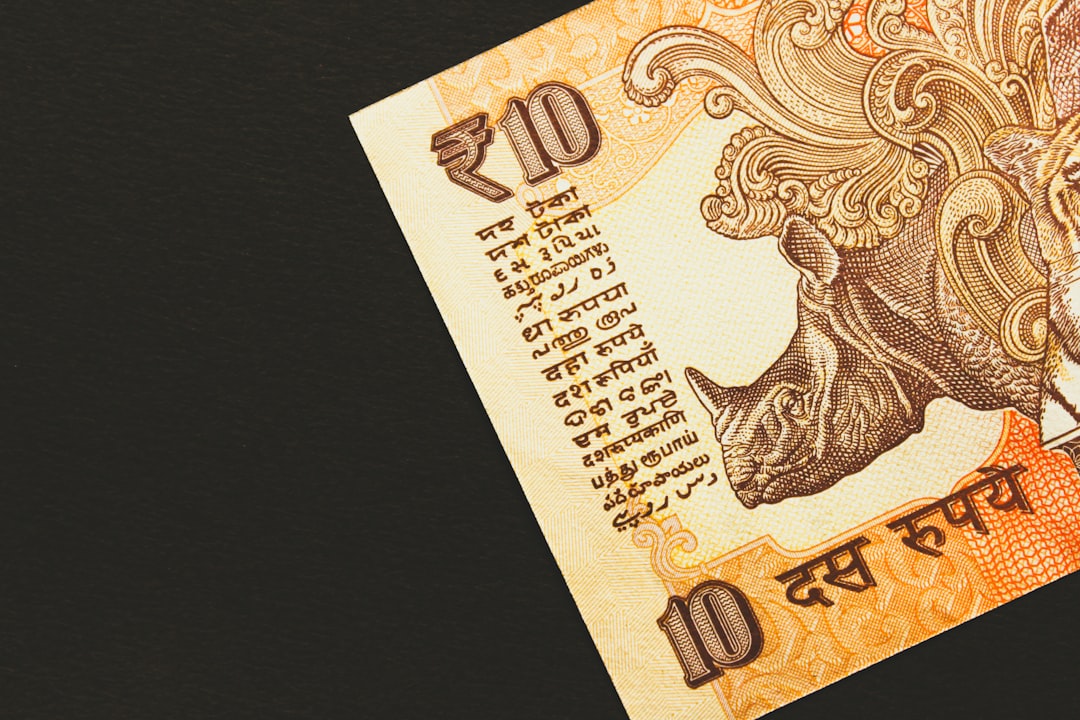What is it about?
This article analyzes when governments are more likely to engage in fiscal manipulation, that is increasing spending or decreasing taxes right before elections to increase their chances of re-election. We introduce a novel concept that proxies the efficiency of fiscal manipulation. We find that fiscal manipulation is not that efficient in developing countries, which is why an increase in the share of voters that are susceptible to manipulation often leads to more manipulation. This could happen by, for instance, limiting press freedom or blocking certain websites. Conversely, fiscal manipulation is relatively efficient in developed countries. In such countries, if the share of voters that are susceptible to manipulation increases, the government may be able to secure re-election with less fiscal manipulation. We base these conclusions on data regarding 70 countries between 1986-2015.
Featured Image

Photo by Jon Tyson on Unsplash
Why is it important?
The use of government resources for the agenda of politicians is often less efficient than an optimal allocation of government resources. Consequently, it is important that we understand when politicians are more likely to engage in wasteful spending. Additionally, fiscal manipulation may lead democracies to elect less competent politicans.
Read the Original
This page is a summary of: Uninformed voters with (im)precise expectations: Explaining political budget cycle puzzles, Economics and Politics, November 2022, Wiley,
DOI: 10.1111/ecpo.12237.
You can read the full text:
Contributors
The following have contributed to this page










